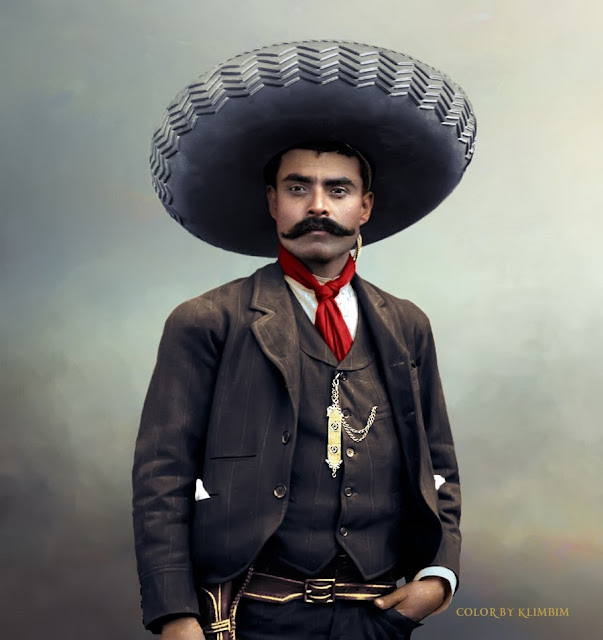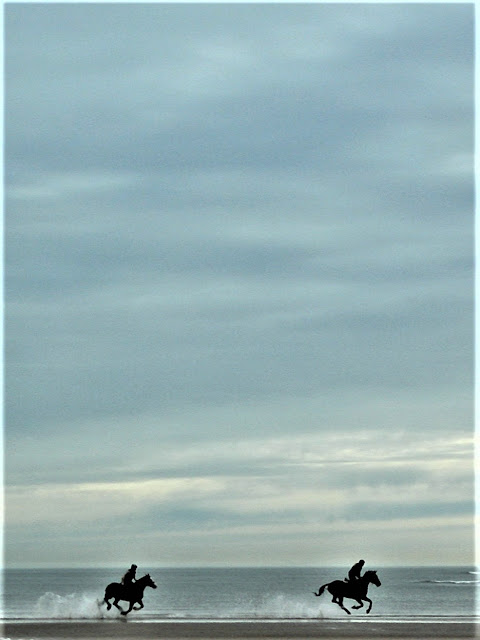HEAD-ON - JULIAN COPE
The story of Julian Cope is like one of Bill Hicks' positive news drugs stories: 'Today, a young man on acid realised that all matter is merely energy condensed to a slow vibration - that we are all one consciousness experiencing itself subjectively. There is no such thing as death, life is only a dream, and we are the imagination of ourselves. Here's Tom with the weather.' Being a one-time consummate drug taker, however, isn't the only string to Julian's bow of course as he's also a musician, a writer, an antiquarian, an activist, a visionary and an eloquent user of the English language which is what makes his autobiography, Head-On - Memories of the Liverpool Punk-scene and the story of the Teardrop Explodes (1976-82), such a joy to read.

Combining perfect English phrases such as 'bless my cotton socks' and American West Coast, Haight Astbury-like phrases, Julian Cope's uses of language is endearing. The title of the book, 'Head-On', is a double entendre referring to 'head' not only in the fellatio sense but also in the sense of where someone is at. For example, anyone with a penchant for music is a 'music-head', anyone who simply likes going to the pub is a 'pub-head', and anyone seemingly without any particular obsessions is a 'non-head', and so on and so forth.
But never mind all that. Let's just cut to the chase shall we and get straight to the drugs? Julian was 22 years old before he smoked his first joint and before that he'd never even smoked a cigarette. In fact he had always been vehemently anti-drugs until one day Teardrop Explodes guitarist Alan Gill told him that he was a tense asshole and needed to relax properly. 'Oh, that seemed fair enough' Julian says before describing the moment he lost his drug virginity.
'I sucked hard on the joint, a massive toke. It tasted really good. My head cleared up. My aching which had been there since my early teenage years, started to evaporate. Out of the top of my head I could feel all my little devils flying off. Yes, I was saved. I felt clean. I was 22 and I felt free. Not hippy free, just cooler about myself. I realised that it was okay to be me. And so it began. The turning point.'
With the slightest of skips and the barest minimum of jumps, Julian quickly progresses to constantly dropping LSD and from then on there's no looking back as he transforms into - as one fan describes it - a king of psychedelia. When appearing on the BBC's Old Grey Whistle Test, Julian is on a cocktail of weed and amyl nitrate, and when appearing on Top Of The Pops he's on acid - staring down the camera into the living rooms of millions of viewers.
In America, fans queue up backstage calling out to Julian that they've got some LSD for him, whilst on arriving in San Francisco he's given a clear plastic bag full of 'sherbert', 'It's pure California Crystal,' he's informed by the bearer of the gift 'A thousand trip bag. I live out on the rock and the Dead sent it for you.'
Can you imagine? It certainly puts that night you got really drunk down the pub into perspective.
At one point Julian mentions a couplet that he's had spinning round in his head that went: 'I'm a Turner sky, and I look from above. It's all right for now, but how do I get down?' It's a brilliant line and one I'm not sure he ever committed to an actual song but it aptly describes the state he must have ascended to from his prodigious intake of hallucinogens. This all begs the question of course as to what effect such copious drug use might have upon a person in the long term? Well, have you seen what Julian Cope looks like nowadays and how he dresses? He's in a league of his own though we shouldn't be deceived by appearances because beneath the matted hair, beard, leathers and military cap there's a genuinely lovely human being concerned with environmentalism and cultural revolution whose railing against 'greed-heads' never lets up. Or as Julian describes himself: 'A forward-thinking motherfucker'.
It could be argued that Bill Drummond was wrong when he told Julian not to do drugs because he was bad enough straight so just think what a pain in the ass he'd be when high? Certainly, as evidenced by his book, before his drug-induced revelations and the pulling away of the veil from across his eyes, Julian never concerned himself much with the wider world beyond that of music and the societal politics of punk rock. In fact, throughout a large part of his book Julian comes across as a petulant queen bitch with hardly a good word to say about anyone - and that includes himself.
For example, according to Julian a band like A Certain Ratio were 'crap', Monochrome Set could 'fuck right off', Essential Logic were 'London free jazz', and Paul Weller-inspired Mod stuff 'sucked shit'. As for individuals, Ian McCulloch of Echo And The Bunnymen was a 'shit head', NME journalist Dave McCulloch was 'a plank', the Orchestral Manoeuvres In The Dark vocalist, Andy McCluskey, was like Leo Sayer; and as for erstwhile manager and fellow band member David Balfe he was 'a twat, a dwarf, and a satanic son-of-a-bitch'.
Those who do meet with approval are Pete Wylie, The Clash, Mark E Smith and The Fall (who he sees 28 times in 1978), Arthur Love, Scott Walker and even Lydia Lunch who visits Julian one night backstage and informs him that watching him on stage was like masturbation, before whisking him away and shagging his ass off.
By the sound of it Julian needed to write Head-On so as to get it all off his chest and to enable him to move on. And moved on he certainly has to become nowadays a polymath of sorts; expert in all things Krautrock, post-war Japanese experimental rock, stone circles and European Megalithic culture. As well as continuing to explore his own musically creative urges in the form of over 30 albums of original, fascinating and innovative near-sonic orgasms, as he might put it.
Julian Cope is a gentleman and a scholar, a floored genius, an endearing writer and a veritable national treasure. And Head-On is a good book.
John Serpico




















